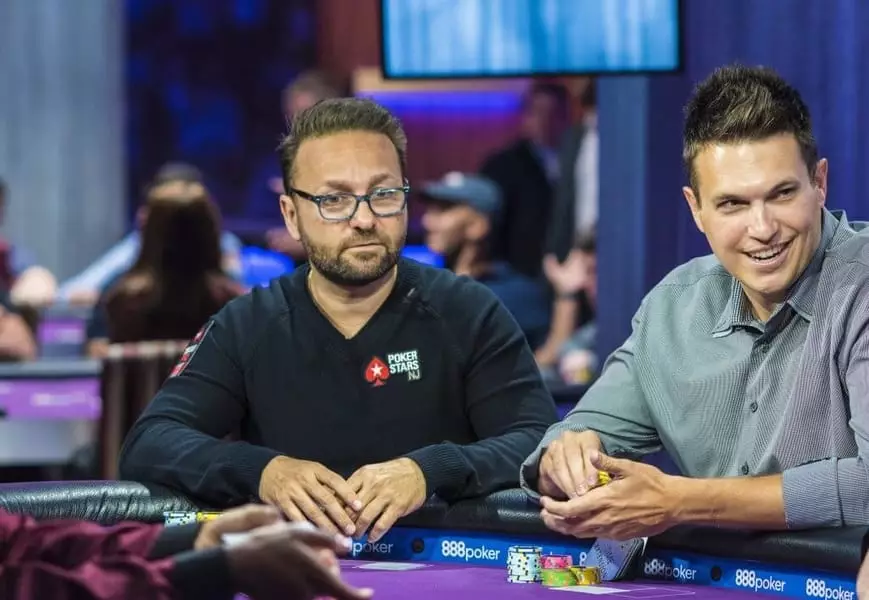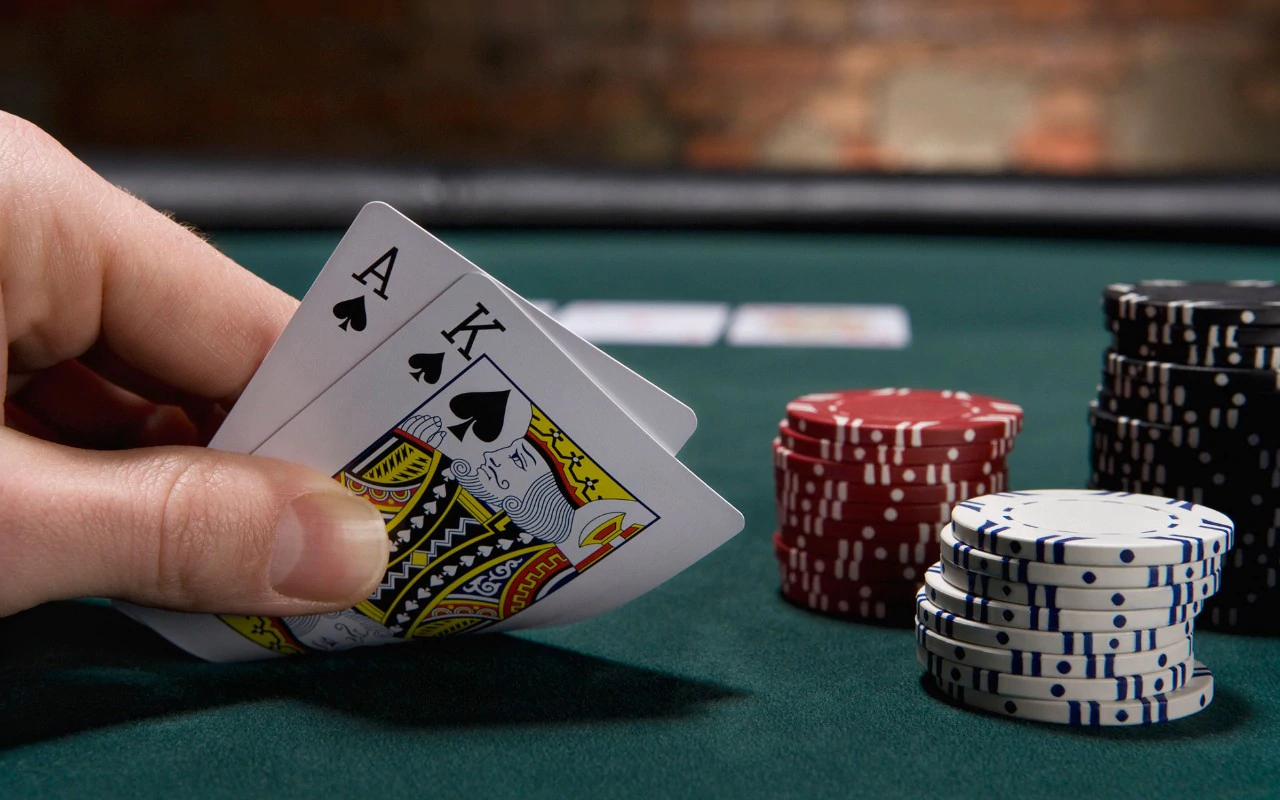Bluffing is a form of deception in poker that involves deceiving other players about your hand’s strength. Though bluffing may help win hands, it should always be used carefully and should only ever be employed as an attempt at victory.
To bluff effectively, it requires being able to control your actions and remain calm – which takes practice and mental concentration.
The psychology of bluffing
Psychology plays a central role in poker bluffing. Bluffing can change the course of a hand or provide players with an edge by deceptively appearing conservative when you have exceptional or less-than-ideal cards – all to throw opponents off balance and help you win more easily.
According to a new study, you can detect whether an opponent is bluffing by their facial expressions and body language. Happy and attractive faces tend to indicate trustworthiness while angry or threatening ones indicate unreliability.
Participants were presented with digital images of 100 real faces modified to appear as trustworthy, neutral or untrustworthy versions. Researchers observed that participants folded more frequently when presented with trustworthy-looking opponents as opposed to neutral and untrustworthy-looking opponents.
The psychology of calling
Bluffing in poker involves making a series of bets designed to intimidate opponents and induce them to fold. Achieve success requires high levels of confidence, quick decision-making ability, and the ability to manage emotions when required in an intense situation.
Understanding your opponent is central to successful bluffing. By understanding their image and betting patterns, this knowledge will allow you to select appropriate targets for your bluffs and ensure its success.
Typically, it’s best to focus on one opponent at a time when bluffing. This is because multiple opponents at once make it more difficult to create a positive image and may lead to their folding more quickly.
Dry flops tend to be ideal boards for bluffing as they offer you some equity even if your hand does not improve on the turn or river.
The psychology of raising
Bluffing in poker is an essential skill that enables players to outwit opponents at the table and deceive them into handing over pots they no longer wish for, giving you an advantage in your game. When done successfully, successful bluffs can allow you to gain the upper hand against rival players at a table and steal pots away from them!
To be successful at bluffing, it’s key that your actions remain consistent and neutral so that other players do not detect your attempt at bluffing.
Your ability to bluff depends on a range of factors, including your bankroll, position and stack size. Bluff when it makes economic sense – only do so when you feel reasonably certain you can force an opponent out by forcing them out with your bet.
Bluffing can also be useful when your opponent appears weak or has an inferior hand, and when they display signs of being an arsonist. This tactic can be particularly successful against fish who may view big bets differently from small ones.
The psychology of folding
Poker is an immensely complex game, and bluffing is an integral component of successful strategy. Bluffing involves deceiving other players by making your weak hand appear more impressive than it actually is – with the intention of getting them to fold.
Bluffing is an intricate mental skill, requiring practice and patience for its mastery. Additionally, you must recognize when your bluffs are losing money for you and know when it is time to step away from the table and take a break.
Some individuals find it easier to detect bluffs by closely watching opponents’ eye movements. A rival who frequently looks down at their hand could be trying to throw you off track and confuse the situation.
Liv Boeree, an award-winning poker champion, says she likes to observe rivals’ body language when not participating in hands. Additionally, she observes any changes in their posture during tense hands to determine whether they may be trying to bluff.





